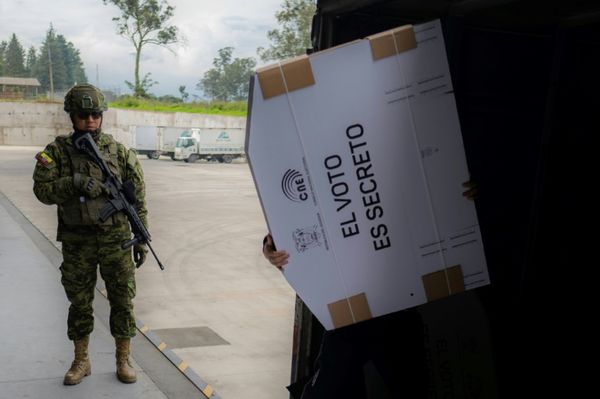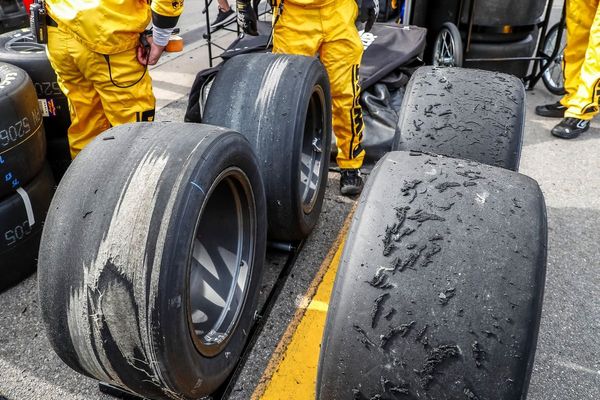
New Zealand’s child poverty rates have plateaued, despite government efforts and former leader Jacinda Ardern making it a central priority of her prime ministership.
Reducing the country’s stubborn child poverty rates has been a central commitment of the Labour government since Ardern ran on the issue in 2017, creating a new minister for child poverty, introducing legislation to ensure child poverty data was measured and published yearly, and bringing in a series of additional financial support packages for low-income families.
While the situation has improved for some children since then, in the year ended June 2022, New Zealand’s primary measures were unchanged from the previous year: 12% of children lived in households that had less than 50% of the median household income before housing costs, and 15% after housing costs. 10.3% were living in material hardship – where they frequently went without basic essentials such as nutritious food, clothing, and doctors’ visits. The child poverty measures for Māori and Pacific children were unchanged from the previous year. Over the longer term, the picture was more positive: 8 of the 9 measures of child poverty had statistically significant decreases since June 2018 – the baseline year.
The government has framed the plateauing of child poverty reduction as “encouraging” given current high cost of living, inflation at about 7.2%, and the economic disruption of the Covid-19 pandemic.
“It’s a challenging environment but child poverty figures staying steady this year is encouraging. It shows the government’s policies targeting kids and families are helping, despite the pandemic and tough economic times,” said Jan Tinetti, who replaced Ardern as child poverty reduction minister after her resignation.
Other political parties, however, have decried the lack of progress.
“It’s not good enough for the government just to say that they care – people need action and results,” said National party spokesperson Louise Upston. “The Labour Government has delivered … a public housing waitlist that has skyrocketed up from 5,000 to 24,000 since 2017, 3,000 children waking up in motels every day, and an estimated one-in-five children growing up in benefit-dependent homes.”
“Poverty is a political choice,” said Greens spokesperson Ricardo Menéndez March. “The tools to lift every family and child out of poverty exist, the government just needs to use them.”







